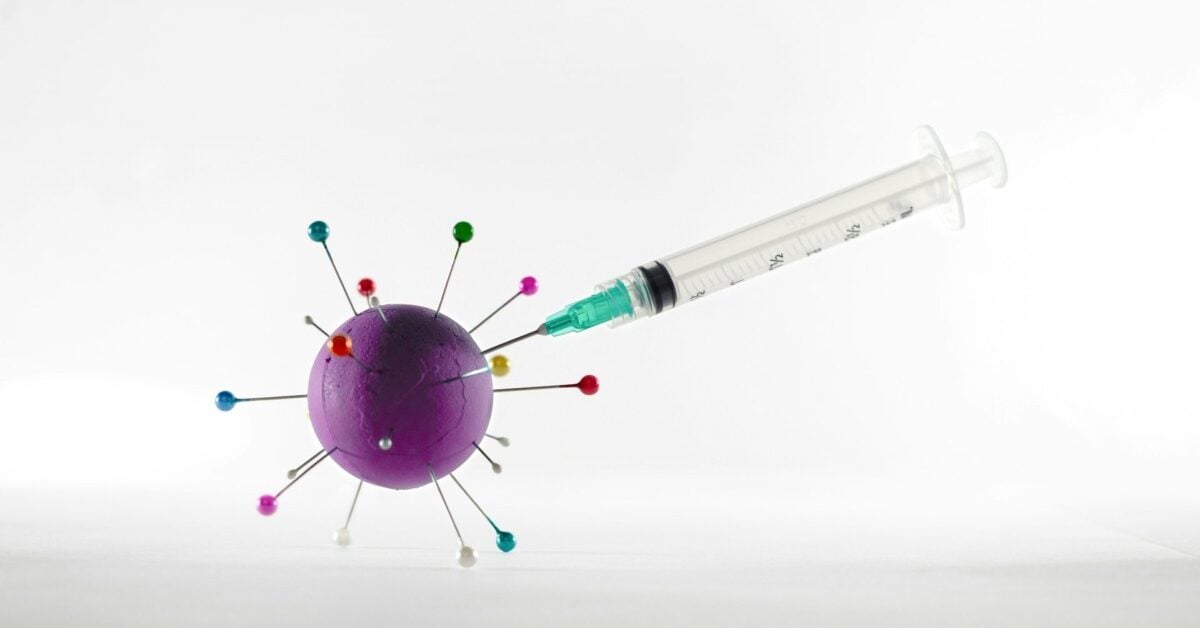Calls for Ukraine
Calls for Europe
Calls for USA

Pancreatic and colorectal cancers are known for their resistance to treatment and high recurrence rates within a few years after therapy. However, a new vaccine called ELI-002 2P offers hope to patients with these diagnoses, having shown promising results in clinical trials.
Developed by scientists from several US research centers, the vaccine targets mutations in the KRAS gene, which are found in 93% of pancreatic cancer cases and 50% of colorectal cancer cases. The drug uses a delivery system that takes the active ingredient straight to the lymph nodes, letting it hit the parts of the immune system where different immune cells hang out.
“This is an important step forward for patients with KRAS-associated cancers, especially for pancreatic cancer patients, who almost inevitably experience recurrence after standard treatment and have limited effective treatment options,” said medical oncologist Zev Weinberg of the University of California, Los Angeles.
The trials involved 20 patients with pancreatic cancer and 5 patients with colorectal cancer who had undergone surgery to remove the tumor but whose subsequent tests showed signs of a possible recurrence of the disease. After a course of injections, 84% of participants developed T cells specific to mutated KRAS, capable of fighting the abnormal products of this gene. In 24% of patients, traces of the tumor disappeared completely.
Among those who had the strongest immune response (17 out of 24 people), most remained cancer-free at the time of their last follow-up examination — on average, almost 20 months after treatment. For such aggressive types of cancer, these figures are impressive.
“We noticed that patients with a strong immune response to the vaccine did not experience a recurrence of the disease and lived significantly longer than expected,” Weinberg emphasizes.
Among all study participants, the median recurrence-free survival was 16.33 months, and the overall median survival was 28.94 months, which significantly exceeds the usual prognosis for such diagnoses.
Importantly, ELI-002 2P is a “ready-to-use” vaccine, meaning it does not require individual adaptation for each patient, which simplifies and speeds up the treatment process.
Although additional trials will be needed to fully assess the risks and benefits, the high recurrence and mortality rates for pancreatic and colorectal cancer make this development particularly significant. Moreover, researchers have found that the vaccine can teach the immune system to fight other types of cancer mutations, expanding its potential benefits.
“Targeting KRAS has long been considered one of the most difficult challenges in cancer therapy,” says Weinberg. “This study shows that the ELI-002 2P vaccine can safely and effectively teach the immune system to recognize and attack cancer-causing mutations. It offers a promising approach to creating a precise and long-lasting immune response without the complexity and cost associated with fully personalized vaccines.”
Please rate the work of MedTour
